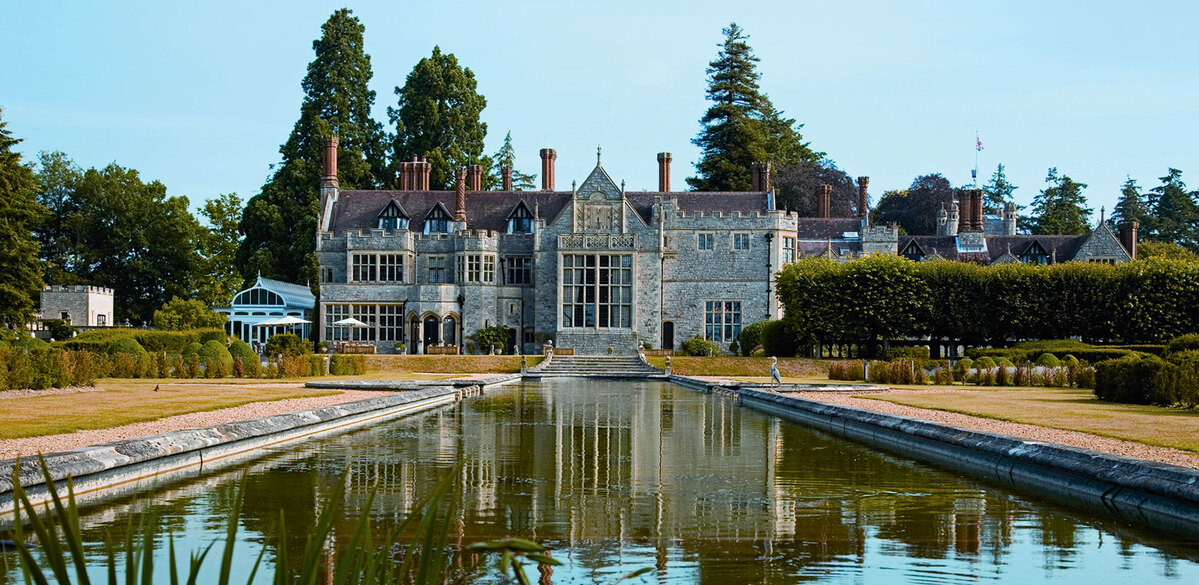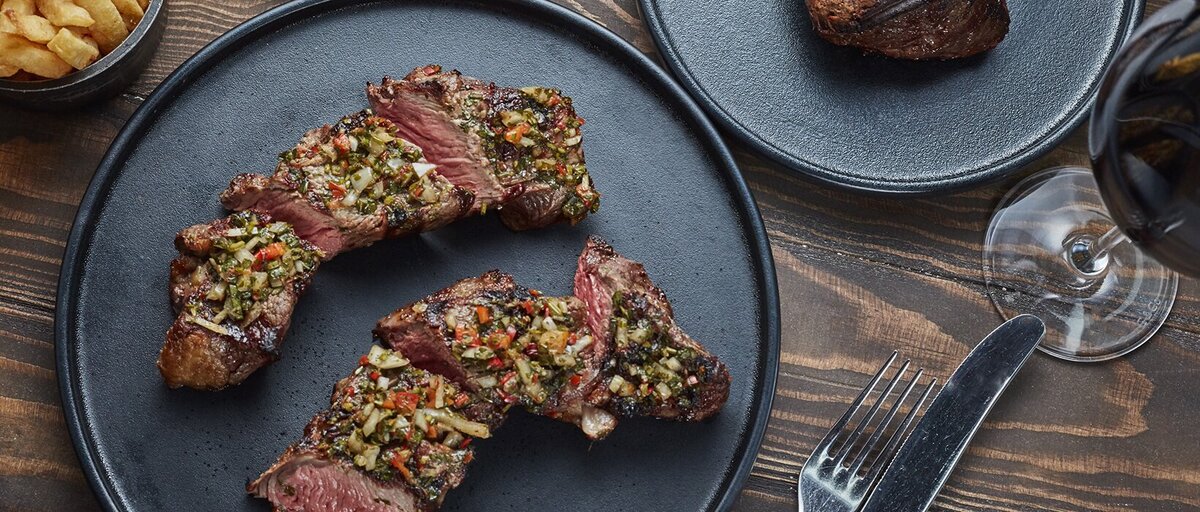Minute on the clock: Ewan Venters, chief executive, Fortnum & Mason
As the Agriculture Bill makes its way through Parliament, the chief executive of Fortnum & Mason speaks to Emma Lake about the importance of preserving welfare standards and protecting the British countryside
Do you have concerns about the impact the Agriculture Bill could have on diluting food and animal welfare standards?
At the heart of it I think this is about what kind of countryside we want to have and therefore what kind of food supply chain we want to have.
Some of the methodologies within the bill around the future of farming and future subsidies will not protect and enhance a localised food supply network. I think the statistics are clear – if the bill goes through and subsidisation falls away to the level predicted, then only around 42% of all British farms stand a chance of surviving and that’s going to have a devastating impact on communities, on the environment, on Britain’s ability to meet its sustainability goals and environmental goals.
I would have thought the pandemic has clearly demonstrated that local food supply chains are more important than ever before.
There are concerns that the government could allow food imports that do not meet British agricultural and food safety standards into the UK – how would you feel about this?
I’m very passionate about respecting our agricultural community and part of that is seeing that the highest possible standards of husbandry, welfare and farm management are maintained, if not enhanced, in a post-Brexit world. The government should be prevented from allowing any changes to the law that allow a new level of competition that is not based upon the exacting standards that Britain has enjoyed being part of the EU.
We need to see the highest possible standards of husbandry, welfare and farm management are maintained, if not enhanced, in a post-Brexit world
I’m not anti-competition and, if new trade deals allow cheaper products of comparable standards into the UK, that’s a good thing. It forces everybody to up their game, but it needs to be a level playing field.
If changes to the law were to allow produce to come into the UK that’s of less exacting welfare standards and offered at lower prices, that’s the point where you see British farmers going out of business and that’s where you have an impact on our communities, our society and our identity as a country, much of which is in the Great British countryside.
How do you think consumers would respond to a lowering of standards?
For years consumers have been passionate about where their food has come from, especially in the retail environment.
I think they would be deeply disappointed if they thought that the general standards they have become accustomed to over the last 20-30 years, of high-quality, thoughtfully produced food and a high standard of welfare management, weren’t in place.
But equally, if we talk about chlorinated chicken, loads of Brits go on holiday to the US and eat chicken that is chlorinated and nobody makes any objections. I think that shows that in a hospitality environment, people are used to putting their trust in a brand that they’re doing the right thing.
Do you think the Covid-19 pandemic has had an impact on the way people are shopping and selecting produce?
Just look at the amount of scratch ingredients that have been sold, look at the skills we’re finding, that we thought we’d lost or we weren’t using. Across all demographics people are cooking more, children are learning to bake. There’s something staring us in the face there about local food supply chains, local ingredients and less processed foods.
Sustainability will also continue to be key. Generation Z are not going to tolerate an economic recovery that does not put sustainability at the heart of the agenda –they’re just not going to be interested in brands and companies that do not do that. I don’t believe sustainability will go down the pecking order behind economics as we recover.















